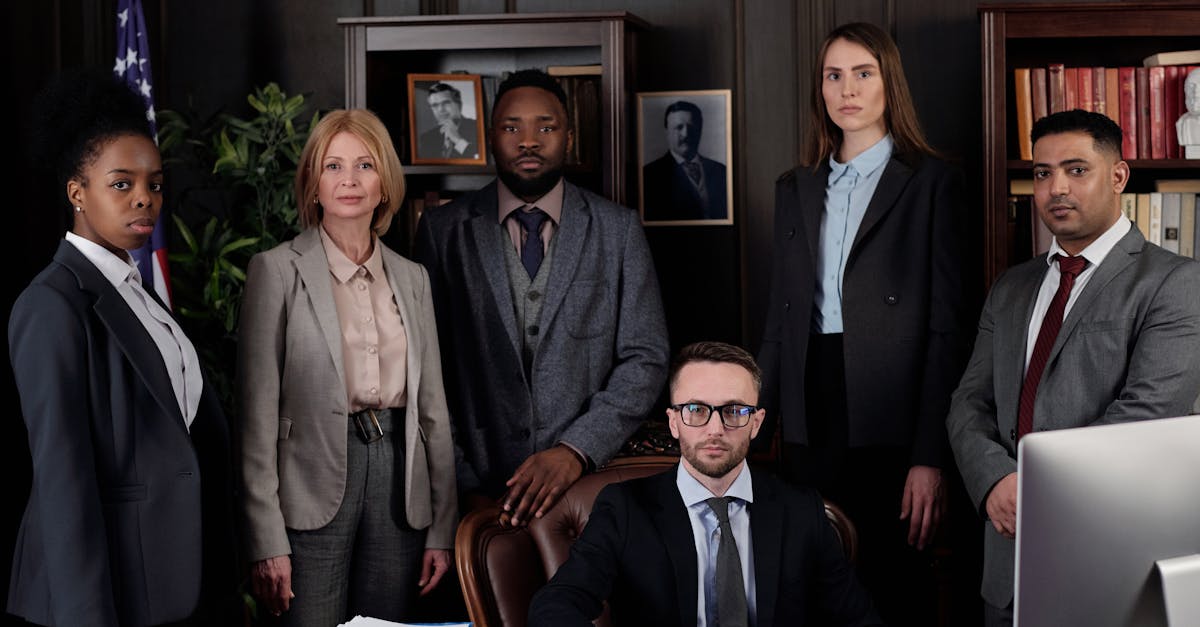
Government Oversight in Correctional Facilities
Government oversight in correctional facilities is a crucial aspect of the criminal justice system, aimed at ensuring that inmates are treated fairly and in accordance with established laws. Correctional officers, inspectors, and other governmental officials play a vital role in monitoring the operations within these facilities to prevent abuse, maintain order, and facilitate rehabilitation. Through regular inspections, audits, and reporting requirements, the government can uphold the standards of care and supervision necessary for the effective administration of justice.
Criminal Law Services Austin work in partnership with government entities to oversee correctional facilities and promote accountability in the treatment of inmates. By implementing strict protocols and guidelines, these services help to safeguard the rights of individuals within the justice system and uphold the principles of fairness and justice. Through continuous evaluation and review processes, government oversight ensures that correctional facilities meet the prescribed standards and operate in a manner that is consistent with the objectives of rehabilitation and public safety.
Rehabilitation Programs and Recidivism Prevention
Rehabilitation programs play a crucial role in reducing the likelihood of recidivism among individuals who have been involved in criminal activities. These programs, often implemented by the government in collaboration with various agencies and organizations, aim to address the root causes of criminal behavior while equipping offenders with the necessary skills to reintegrate into society successfully. In facilities such as correctional centers or halfway houses, individuals may have access to mental health services, vocational training, educational programs, and substance abuse counseling, all of which are essential in promoting positive behavioral change and reducing the risk of re-offending. In Criminal Law Services Austin, a strong emphasis is placed on the effectiveness of these rehabilitation initiatives in creating positive outcomes for both the offenders and the community at large.
Preventing recidivism is not only beneficial for the individuals receiving rehabilitation but also for the larger society as a whole. By providing access to comprehensive and evidence-based programs that address the underlying issues contributing to criminal behavior, the government can significantly decrease the chances of individuals returning to unlawful activities. Moreover, successful rehabilitation results in reduced strain on the criminal justice system, lower crime rates, and enhanced public safety. Collaboration between governmental agencies, community organizations, and criminal justice professionals is essential in ensuring the continuity and effectiveness of rehabilitation programs for individuals seeking to make positive changes in their lives and break the cycle of recidivism.
The Government's Efforts in Crime Prevention
One of the primary responsibilities of the government in the realm of criminal law is the implementation of various initiatives aimed at preventing crime. Law enforcement agencies across the country, such as Criminal Law Services Austin, work tirelessly to bolster community policing efforts and implement crime deterrence strategies. By engaging with local communities and establishing strong relationships with residents, law enforcement agencies can more effectively prevent criminal activities before they occur.
Moreover, the government plays a critical role in facilitating the implementation of crime prevention programs and initiatives. Through the allocation of resources and funding, governmental bodies can support rehabilitation programs and recidivism prevention efforts. By investing in education, job training, and mental health services for individuals who have been involved in the criminal justice system, the government can contribute to reducing crime rates and promoting safer communities.
Community Policing and Crime Deterrence Strategies
Community policing is a proactive approach adopted by law enforcement agencies to build stronger relationships with the community they serve. By engaging in regular interactions, police officers aim to gain trust and cooperation from residents, leading to a mutual understanding of community issues and concerns. Through these efforts, law enforcement agencies in collaboration with local residents can work together to prevent crimes and enhance public safety. Criminal Law Services Austin often involves community policing as a strategy to deter criminal activities and foster a safer environment for all individuals.
In addition to community policing, implementing crime deterrence strategies is crucial in reducing criminal activities and maintaining law and order within communities. By utilizing various methods such as increasing police visibility in high-crime areas, conducting regular patrols, and collaborating with community members to report suspicious activities, law enforcement agencies can deter potential criminals and prevent crimes from occurring. These proactive measures not only enhance public safety but also contribute to the overall well-being of the community, aligning with the objectives of Criminal Law Services Austin in maintaining a secure and law-abiding society.
Governmental Influence on Criminal Justice Policies
Several factors influence the development of criminal justice policies. One of the most significant influences comes from the government. In the realm of criminal law services, Austin is no exception. The government plays a crucial role in shaping the laws and regulations that govern the criminal justice system.
Governmental influence on criminal justice policies can be seen in the creation and amendment of laws, funding allocations for law enforcement agencies, and the implementation of various crime prevention initiatives. Criminal law services Austin are impacted by the decisions made at the state and federal levels, as policymakers strive to address evolving societal challenges and ensure the safety and well-being of the community. The government's involvement in criminal justice policies underscores the importance of collaboration between policymakers, law enforcement agencies, and legal professionals to uphold justice and protect the rights of individuals within the criminal justice system.
Impact of Political Factors on Criminal Law Reforms
Political factors play a significant role in shaping criminal law reforms. The decisions made by government officials and policymakers can have a direct impact on the evolution of the legal system and the way justice is administered. In Austin, Texas, for instance, reforms in criminal law are often implemented based on the ideologies and priorities of local representatives and lawmakers. The city's approach to addressing crime and punishment is heavily influenced by the political landscape and the prevailing attitudes towards law enforcement and community safety.
Criminal Law Services Austin keeps a close watch on the ever-changing political scene to anticipate potential shifts in criminal justice policies. As new administrations take office and legislative agendas are set, the legal experts at Criminal Law Services Austin analyze the implications for their clients and the broader community. By understanding how political factors drive criminal law reforms, legal professionals in Austin can effectively navigate the complexities of the system and provide valuable insights to individuals facing legal challenges.
FAQS
How does the government oversee correctional facilities in relation to criminal law?
The government oversees correctional facilities by setting regulations, monitoring operations, and ensuring that inmates are treated in accordance with the law.
What role do rehabilitation programs play in preventing recidivism, and how does the government support these efforts?
Rehabilitation programs aim to help offenders reintegrate into society and reduce the likelihood of reoffending. The government supports these programs through funding, monitoring, and implementing evidence-based practices.
What are some of the government's efforts in preventing crime, aside from law enforcement?
In addition to law enforcement, the government engages in crime prevention through initiatives such as community policing, educational programs, and social services aimed at addressing root causes of criminal behavior.
How does community policing contribute to crime deterrence, and what role does the government play in promoting this approach?
Community policing involves building relationships between law enforcement and the community to collaboratively address crime and safety issues. The government supports this approach by providing resources, training, and promoting community engagement.
How does the government influence criminal justice policies, and what factors impact the reforms in criminal law?
The government influences criminal justice policies through legislation, funding decisions, and the appointment of key officials. Political factors such as public opinion, lobbying efforts, and societal trends also play a role in shaping criminal law reforms.




